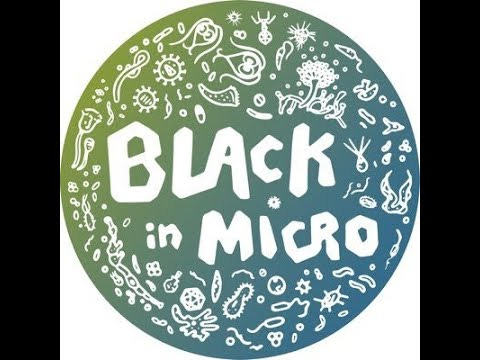Recommended reads #182
Seven principles for good practice in midterm student feedback
Teaching and learning in ecology: a horizon scan of emerging challenges and solutions
The data are in about promotions and professional advancement for women and men since the start of the pandemic, and it’s so, so bad. Not a surprise at all, but still a complete disaster and sets things back so much.
How the pandemic is affecting low-income students.
Who murdered the bad interviewer? The Butler did it. This is a masterclass in handling an interviewer who is intent on misframing the issues. *Chef’s kiss.*
Science published a feature about all of the Costa Rican scientists trained in tropical biology, most of whom aren’t getting a job at home. (I know a bunch of folks featured in this piece, and it really lays out the situation well and it’s hard to see this happening. One thing I don’t think the piece mentioned is also how even the good science jobs don’t even really pay that well?) Also, at the bottom of the article is a separate piece about the Organization for Tropical Studies (which operates the field station where I do nearly all of my fieldwork), which is getting back on its feet after some very rough budgetary times.
Barry Lopez: Love in a time of terror
What to do with the predator in your bibliography?
The presidents of the National Academy of Sciences and the National Academy of Medicine released a statement about how they’re alarmed by political interference in science relating to the pandemic. Which I feel like it’s important to note, because I don’t want to act as if we’re not freaking out during this rapid slide into authoritarianism, even though these stories aren’t coming as any kind of surprise. I don’t think I can do this thing where I act as if things are normal or acceptable when they so obviously are not.
The National Academy of Sciences went to moderate lengths to create a formal policy to get rid of the members who are well documented harassers, like Marcy and Verma. But, they haven’t gotten rid of anybody. What’s up with that?
In the header image for this post is Cheating Lessons, by James Lang. Which as I keep thinking about, as I hear more from students who are getting treated shabbily by professors using automated surveillance systems while taking exams in their own homes. This book has a lot of wisdom about how we can deter cheating while also promoting learning, using approaches that don’t involve mistrust and hypervigilance. If you’re worried about students cheating (and it makes sense that you might, because it’s pervasive, far more than you detect, like, way more), then this is a good and important read. And also Dan Kronauer’s Army Ants, which I just received, and it looks gorgeous, and authoritative, and I can’t wait to find the time to dive into it.
Allie Brosh has a new book out. Which I’m sure is amazing! And I’ve yet to see it. But I’ll recommend it anyway based on what I’ve heard. And if you haven’t read “Adventures in Depression,” from almost ten years ago, and you want to understand what depression is, read this. Actually, read it no matter what, because you know people who have depression, whether you know it or not, and you should understand.
A chemistry professor at the University of New Hampshire, has reportedly been posing on twitter as a women scientist of color (and you can probably correctly guess what their identity really is) and waged a campaign of severe harassment against many junior scientists. I don’t think we can or should expect immediate action by UNH (other than hopefully preventing him from interacting with students) because due process takes time, but I do hope the institution takes it more seriously than the chair, who according to the article in the student newspaper, “condemned the offensive statements, but said he is supportive of [him] as a person.” Whatever that means. I imagine (and hope that) you’ll be reading about this in bigger media outlets rather soon. Because this kind of egregious misconduct needs more sunlight.
Post-it Dreams. The site says it’s a 4 minute read, and it’s an astonishingly good one.
Why diversity matters among those who study diversity.
Below is the keynote talk from Black in Microbiology week, by Beronda Montgomery (whose work I’ve linked here in the past on multiple occasions). This is just spectacular and speaks so many truths about equity and access in STEM and higher ed, and it has the most masterful microbiological analogy about training scientists from minoritized groups, that I think I’m going to be talking about for years to come, because it’s just so spot on.


